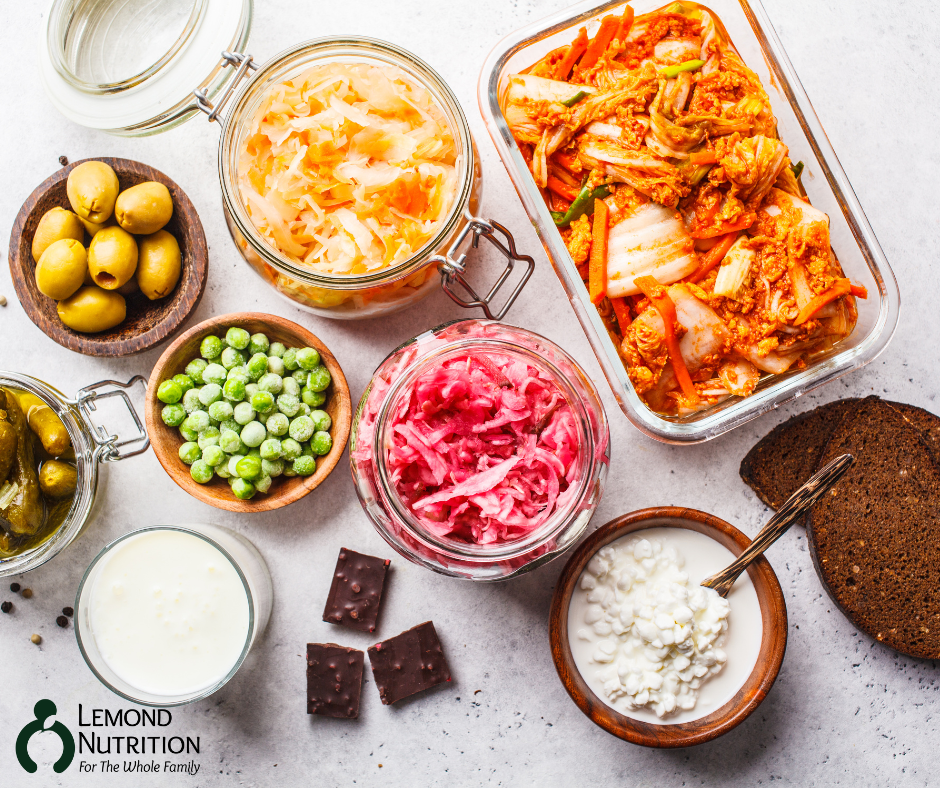Breast Cancer Awareness: The Role of the Care Team
October is Breast Cancer Awareness Month, and to bring that awareness, we will be writing articles on breast cancer all month long.
As Emily and Angela have pointed out the previous 2-weeks, when facing a cancer diagnosis of any kind, we often go into “fix-it” or “control” mode, nutrition care can be the compliment and “foundation” to our care and treatment. Listed below are some ways in which a Registered Dietitian Nutritionist (RDN) is key to your care team to help you manage your nutrition and health during this time. An RDN helps work with the BIG PICTURE of ALL your individual needs.
Often an RDN is the last person to be added to someone’s care team. When kicking off care and treatment, there are so many avenues to navigate and plans to get started on. Sometimes we are brought on when weight loss, GI complications and intolerances occur, or treatment causes blood pressure or blood sugar control to change. We are often added last because nutritional information is fairly easy to obtain from most of your care team members, friends, family, and the internet. However, we can help you beyond the basics. Here are just a few of the examples that come to mind.
An RDN provides evidenced-based recommendations, that we know will support your needs and health.
A Registered Dietitian will partner with you to develop a safe and realistic eating plan that you can stick with for the long haul. To guide and motivate you, an RDN will use creative and out-of-the-box strategies to help with meal planning, grocery shopping and mindful eating.
An RDN works closely with your doctor and other health care professionals (your care team) to coordinate your care. Most of your other care team members give you information on WHAT to do. We can help you create a plan on HOW to implement the WHAT. Trying to implement everything you need to do at once for your health and wellbeing is often overwhelming. We can be that support person to help you sort through and organize all the information you have been given.
An RDN can help you to sort through the facts and fiction of nutrition headlines. We can meet you in the practical, for instance: understanding food labels at the supermarket, discovering how food preparation for your needs can be inexpensive and quick, and so much more.
An RDN can help navigate how to manage side effects and intolerances related to your treatment (i.e. nausea, vomiting, diarrhea, constipation, extreme tiredness), continue to meet your needs with multiple food allergies, manage ongoing IBS symptoms, help you to continue blood sugar control or blood pressure control, or help you to minimize strength and weight loss during treatment. Sometimes this looks like helping you interpret your nutritional related blood work to determine if additional foods or supplements are needed. We can also ensure that additional foods and supplements will not interfere with the medications and treatments you are receiving.
One of my personal and favorite things about being a part of someone’s care team, is that as a dietitian, I can be one of the few members who can work with you before, during, and after your cancer treatment path. I truly love knowing you at all phases of your life and helping you navigate.
Are you navigating a cancer or health journey? Please reach out and let us know how we can walk alongside you!
About Keri Stoner-Davis
No information on this site should be used to diagnose, treat, prevent, or cure any disease or condition.










